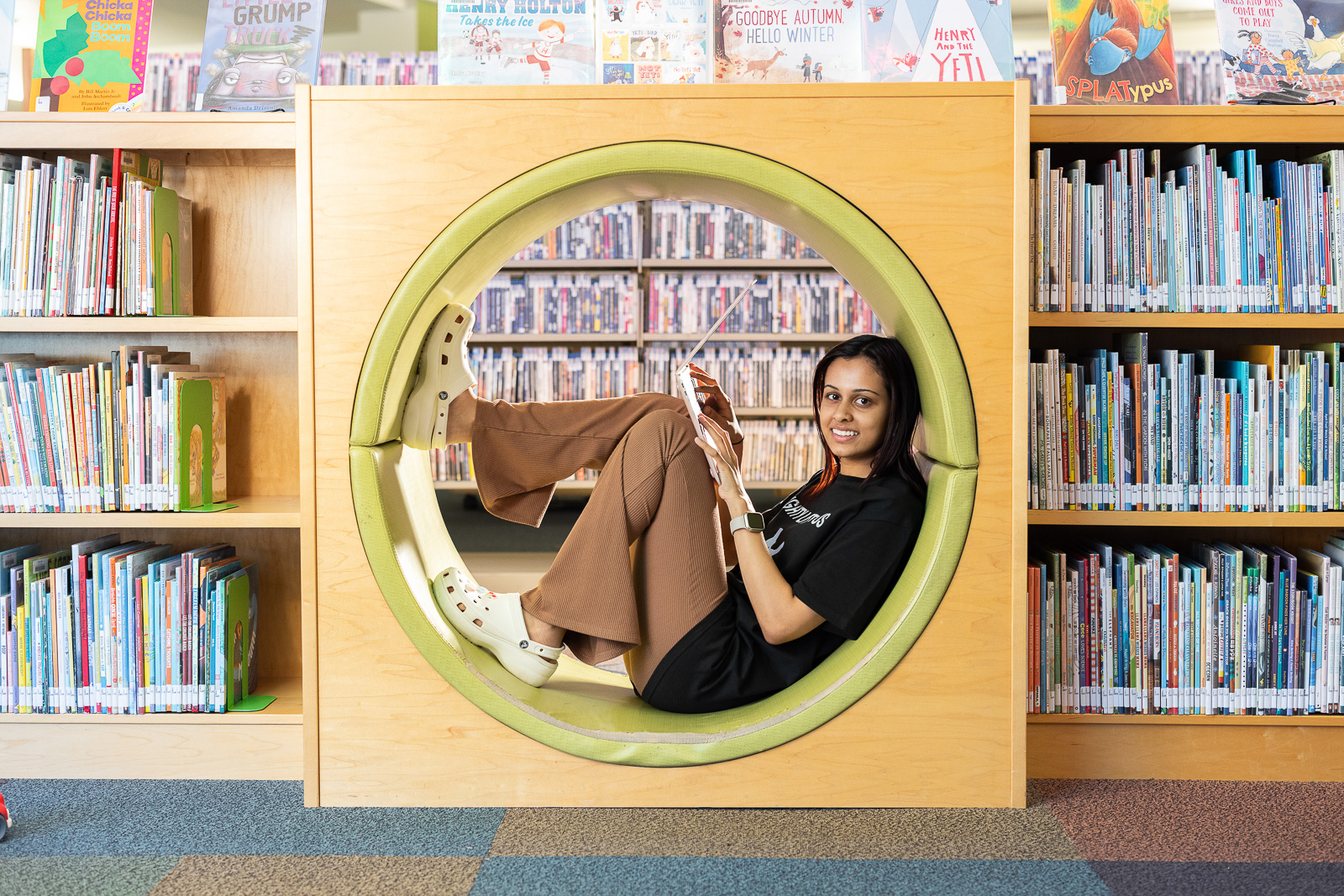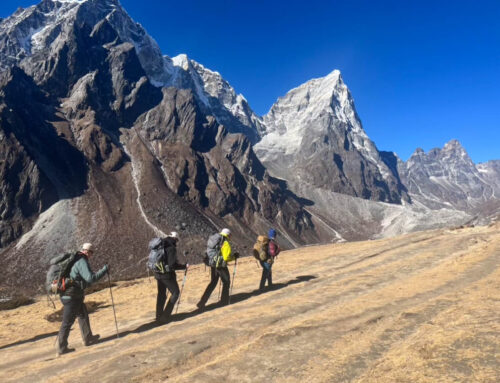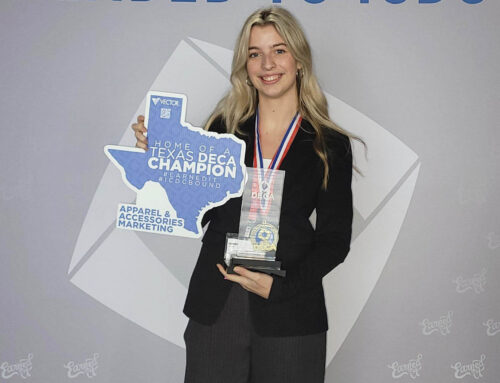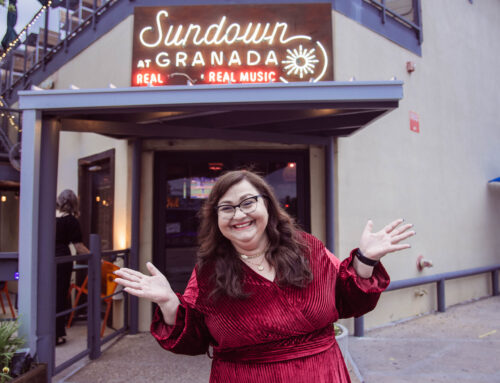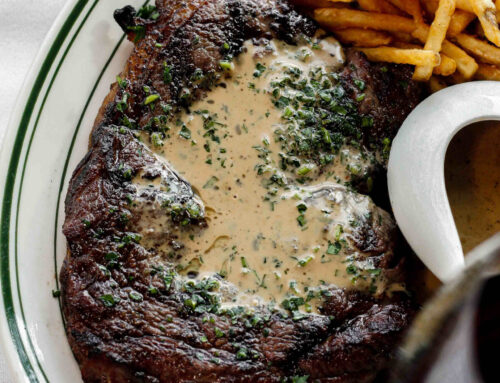1,000 hours is equivalent to over 41 days. If you worked 1,000 hours of a full-time job, that would be 125 days of work. For any high schooler, that would be a massive undertaking, but for Vanshika Prasad, 1,000 hours is just the beginning of her community service involvement — all at 17 years old.
It started in 2017 when Prasad and her younger sister were running errands with their parents and drove past a homeless man and his dog. Passionate animal lovers, the two told their parents that they wanted to help.
They got to work on a cookie and lemonade stand, raising $13.75. The sisters used that money to buy food for the man and his dog, spurring a desire for service.
To raise more money, the Prasad sisters began making crochet animals to sell at craft fairs, through which the girls were able to raise $300 for a pet orphanage.
So, Prasad started a nonprofit, Mighty Little Us.
Not to limit herself, the organization deals with a variety of causes and passions.
Mighty Little Us sells homemade crochet items at local craft fairs and online to raise money for animal shelters, promotes food drives, fundraises for foster and adoption initiatives for animals, creates weekend workshops in Dallas libraries to teach children to code using Scratch and teaches coding online to children in a remote area of India.
When Prasad got interested in coding last summer after taking classes at The School for the Talented and Gifted, she wrote up a questionnaire to see how familiar kids in the area were with technology. She then submitted the responses to Dallas Public Libraries. Based on these responses, she saw a need for coding classes for children at the Audelia Road Branch Library.
“That’s when I settled down at Scratch and decided this is what I wanted to do,” Prasad says. “I had some experience on Scratch myself, and I felt like it was a powerful tool to do what I needed to do because it’s a visual programming language.”
Scratch is a free coding program for children that uses a visual interface that allows children to create digital stories, games and animations by coding using colorful blocks rather than text-based coding like Python, JavaScript or HTML/CSS.
“It’s a visual approach and it makes coding more accessible to younger kids,” Prasad says. “It’s an engaging and fun platform that encourages problem solving.”
Not all classes are necessarily the same, Prasad says, which leads many students to come back for more. Each class typically has 10-12 children between the ages of eight and 10.
“Some (students) are quieter, and they’ll just go with my lesson,” Prasad says. “But some kids who are really interested keep coming back for class and start asking questions that sometimes I don’t even know the answer to … (Scratch) lets them explore their creativity some more.”
Though most of her classes are at Audelia Road Branch Library, the Forest Green Branch Library and Lancaster Keys Branch Library, others in Dallas and Plano have begun reaching out to expand the classes to their locations.
Beyond Dallas-Fort Worth, Prasad has been working with MSM Academy, a public school in a small town in India.
“(Mighty Little Us’) international outreach director is studying Hindu culture in India, so we came together and decided that we want to expand this over there where there’s a lot of less privileged families that could benefit from the classes,” Prasad says.
Fourteen children participate in classes with Prasad each week through this program.
“(Scratch) might be the first whole new language that a child has discovered and that can help them in so many ways,” Prasad says. “Our world is becoming digital, so for them to have an early introduction is going to help them a lot. … A lot of kids will have taken coding and have an earlier start. That’s something I wish I had.”
To keep the classes and other nonprofits going, Prasad is looking for teens to teach classes at other locations and possibly take over teaching the coding classes when she graduates in 2026.
She recently won the Presidential Service Award, a national grade-based award given to those who have a large number of community service hours. She also got second place in the Congressional App Challenge, where she put her coding skills to the test to create an app that helps people connect with mental health services.

